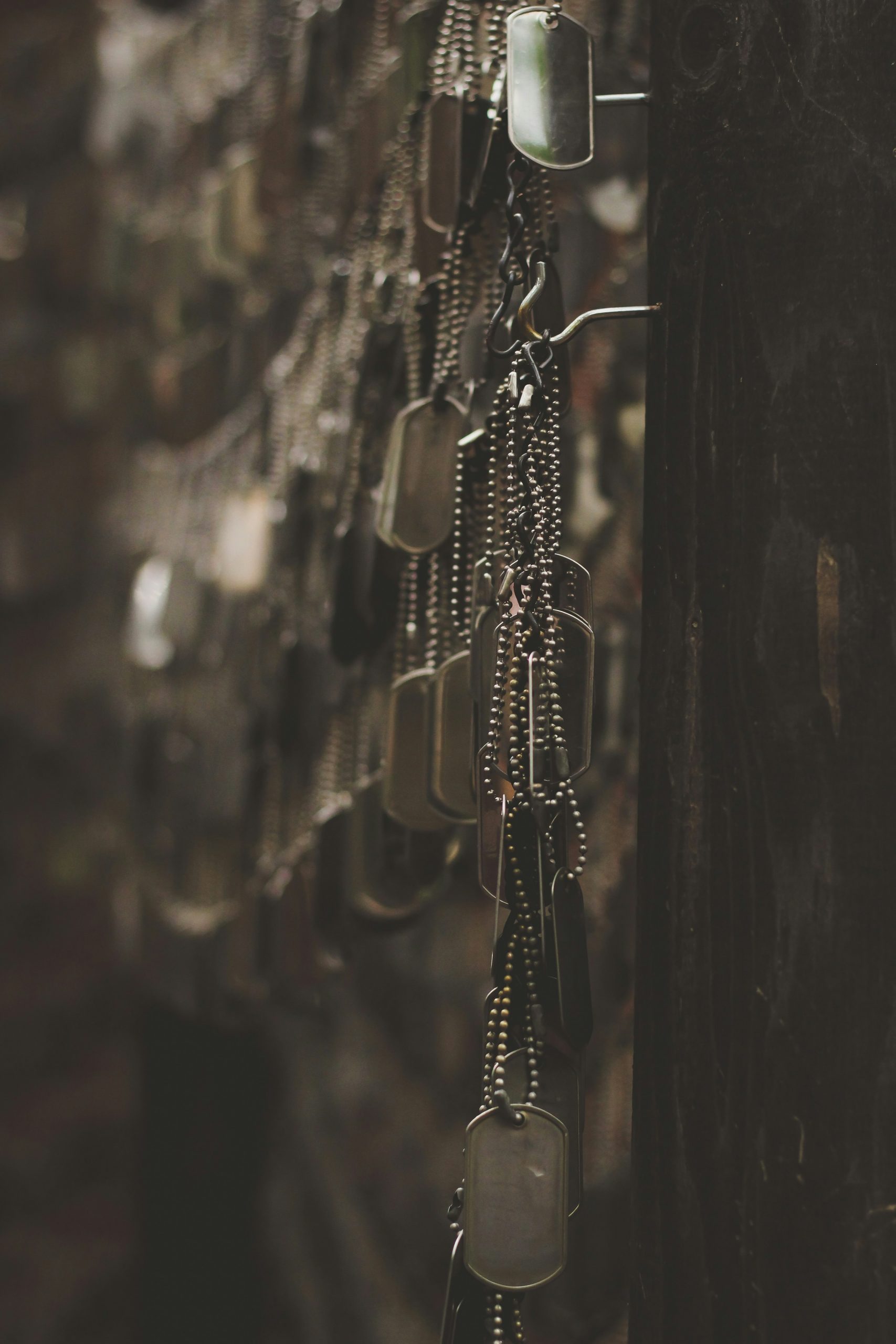Join author Michelle Shocklee as she takes us on her journey of discovering where her latest time-slip novel, All We Thought We Knew, would be set and who her main characters would be.
I’ve been a student of World War II history for a while, mainly because my dad was a WWII veteran. As I contemplated the topic for my next novel, I knew I wanted to write a WWII story but set on the home front. There are many wonderful books by talented authors set overseas during the war, but I haven’t seen too many that take place in Tennessee.
As I began to research wartime Tennessee, I learned about Camp Forrest, a large military cantonment in the small town of Tullahoma. Camp Forrest had its origins as a national guard training post named Camp Peay, after then-governor Austin Peay. When war erupted in Europe, the US Army took over the camp and expanded it to 85,000 acres, making it one of the largest military installations in the country. In 1941 it was renamed Camp Forrest after Confederate General Nathan Bedford Forrest, whose birthplace was nearby. Due to the general’s notorious past before, during, and after the Civil War, some people voiced opposition to the name change, but it remained until the camp was decommissioned in 1946.
I felt like a sponge, soaking up all the cool historical information I found in books and online about Camp Forrest. I learned it was used for training infantry, artillery, signal organizations, and even cooks, preparing enlistees for service overseas. William Northern Field was an addition used by the Army Air Forces to train crews of four-engine B-24 bombers, and a 2,000-patient hospital provided medical care for hundreds of soldiers wounded in Europe and the Pacific.
The most fascinating thing I discovered through my research, however, had nothing to do with soldiers training for war. Surprisingly, the military base was used to house German prisoners of war (POWs) as well as German enemy aliens. Having read much about WWII, I was familiar with stories about the detainment of Japanese enemy aliens: In a systematic move by our government to contain the enemy within our borders, thousands of people with Japanese ancestry were arrested and detained in the United States, some within hours of the bombing of Pearl Harbor. They were housed in internment camps throughout the United States, including my hometown of Santa Fe, New Mexico. What I didn’t know was that people from Germany and Italy were also rounded up and held in some of those same camps.
That’s when my imagination took off. I soon had a rough synopsis for a story about a German enemy alien and a war widow, set in Tullahoma, Tennessee. I’m pleased to tell you that idea became my new timeslip novel All We Thought We Knew.
Set on a horse farm in the rolling hills of Tennessee, the book tells the story of Ava Delaney, a war widow who lost her husband at Pearl Harbor. To help her mother-in-law keep the farm going, she takes a clerical job at the hospital at Camp Forrest. There she meets one of the German enemy aliens being detained at the camp. Gunther Schneider was studying to be a doctor when he was arrested in New York City. Their friendship keeps them both sane during a time in history when the world, it seemed, was going crazy.
The other storyline in All We Thought We Knew takes place during the Vietnam War. Unlike the patriotic attitude most Americans had during WWII, many people in the 1960s and ’70s were opposed to US involvement in Vietnam. Protests erupted. Young men burned their draft notices. Families found themselves at odds with one another. That’s the atmosphere I’ve dropped the Taylor family into, with lots of angst, high emotions, and long-buried secrets that make each of them question all they thought they knew about themselves.
I’m excited to share this historical novel with readers. The history is incredibly fascinating, but the journey each character takes will, I believe, tug at heartstrings and give us a better appreciation for the people in our lives.



